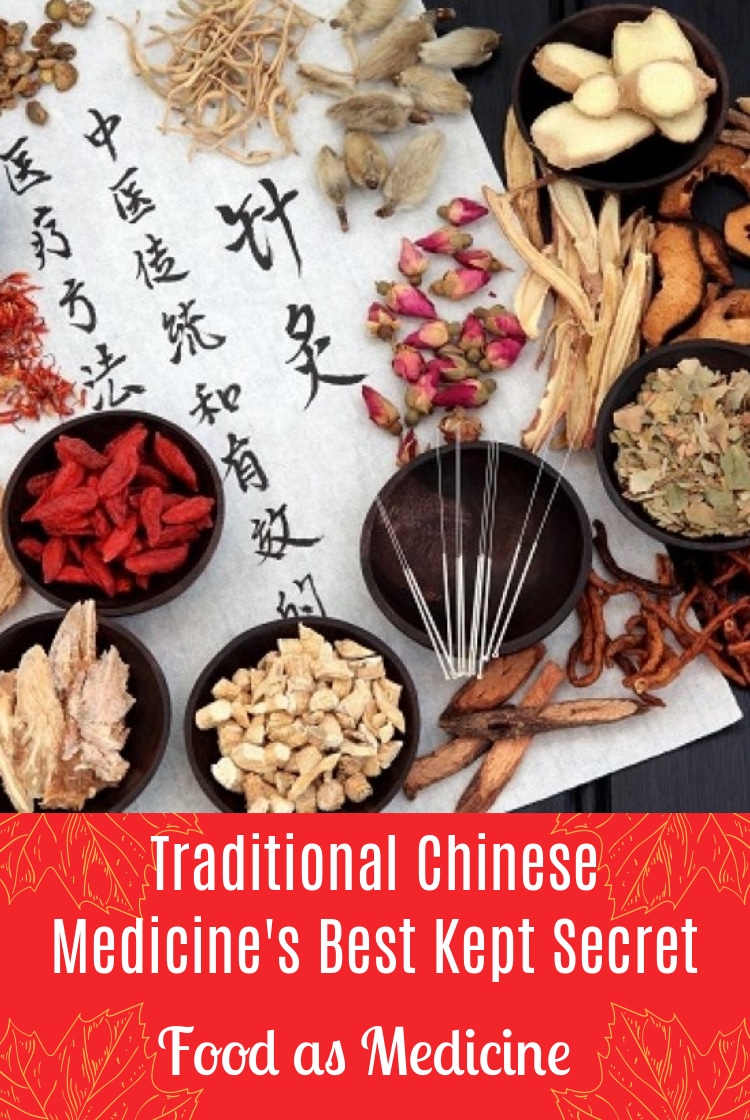
The Concept of Traditional Chinese Medicine
In the west, we tend to think of “medicine” as a way of dealing with illness and disease. In contrast, Traditional Chinese Medicine (TCM) focuses on achieving health and well-being through the cultivation of harmony within our lives.
TCM is based on the Chinese concept of “Qi” (pronounced “chee” and usually translated as “vital energy”) and the theory of “yin and yang” (the harmony of all the opposite elements and forces that make up existence).
Table of Contents
- It believes that…
- What is the TCM perspective?
- How is it related to “Oriental Medicine”? Systems of Oriental Medicine
- Where does TCM come from?
- References
- Nisbett, Richard. The Geography of Thought; How Asians and Westerners Think Differently… and Why. Simon and Schuster, New York. 2003.
- Schirokauer, Conrad.. A Brief History of Chinese Civilization. Orlando, FL.: Harcourt Brace. 1991
- Yu Huan, Zhang., Ross, Ken. Who Can Ride the Dragon: An Exploration of the Cultural Roots ofTraditional Chinese Medicine. Brookline, MA., Paradigm Publications. 1995
- Expert Contributor: Christopher Hafner, L.Ac.
It believes that…
- Harmony brings health, wellbeing, and sustainability.
- Disharmony leads to illness, disease, and collapse.
What is the TCM perspective?
In the simplest terms possible, TCM is a way of looking at ourselves and our world that sees everything as a whole and considers everything in context. In TCM this perspective is called “taking whole.”
This perspective is applied to everything affecting our health and wellbeing; from our diet, exercise, and how we handle stress; to how we interact with our family and friends, our community, and our environment.
Thus TCM not only identifies and treats illness and prevents disease but, just as importantly, optimizes health, wellbeing, and sustainability in our lives and in our world.
How is it related to “Oriental Medicine”? Systems of Oriental Medicine
TCM is the official form of Chinese medicine practiced in the People’s Republic of China, and is one of the many systems of medicine that can be classified as “Oriental medicine.” Oriental medicine is a term that encompasses diverse medical theories and applications developed and practiced in the Far East, including China, Korea, Japan, Taiwan, and Vietnam.
TCM is probably the most frequently encountered and most familiar of the Asian medical systems, and it has an extensive body of literature and research supporting it.
Today TCM is practiced throughout the world, with about 14,000 practitioners in the United States alone. As more and more people explore new ways of complementing their existing healthcare, it’s not unlikely that you know someone who uses this ancient Asian system. For these reasons, TCM is an excellent starting point to learn more about complementary medical systems from Asia.
Where does TCM come from?
TCM is a direct descendent of one of the oldest and continuously practiced systems of medicine in the world, and can trace its roots back 2500 years. Since its inception, Chinese medicine has evolved and developed into a very sophisticated and rational system of medicine influencing and being influenced by the many cultures and systems of medicine it has come into contact with along the way.
Today Chinese medicine continues to develop in new and exciting ways and is utilized by millions of people around the world. It is truly a world-class system of medicine!






